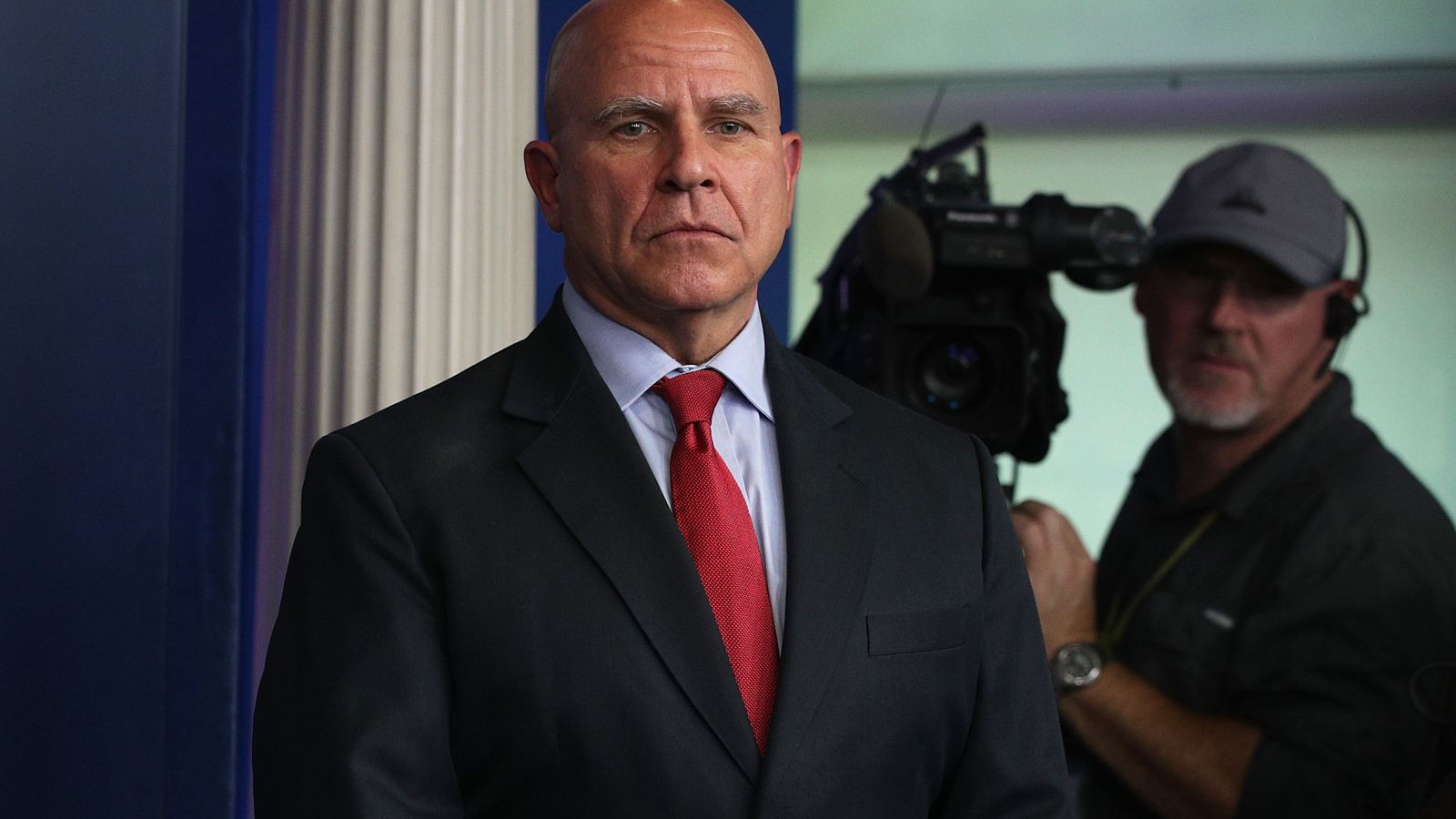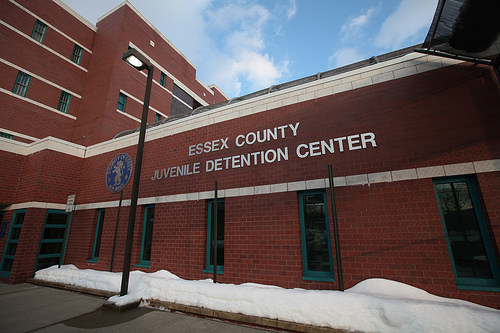Racial Violence: The Heartbreaking Aftermath Of A Senseless Killing

Table of Contents
The Immediate Aftermath: Trauma and Loss
The immediate aftermath of racial violence is characterized by profound trauma and an overwhelming sense of loss. The consequences are far-reaching and deeply impactful, extending beyond the immediate victim.
Physical and Emotional Trauma
Victims and their loved ones often experience significant physical and emotional trauma. The psychological impact can be devastating and long-lasting.
- Injuries sustained: Physical injuries can range from minor bruises to severe, life-threatening wounds.
- Grief: The intense grief following the loss of a loved one is exacerbated by the circumstances surrounding the death.
- PTSD: Post-traumatic stress disorder is a common consequence, leading to flashbacks, nightmares, and hypervigilance.
- Anxiety and Depression: The emotional toll often manifests as anxiety, depression, and other mental health challenges. Access to trauma-informed mental health services is crucial for effective recovery. Keyword integration: trauma, emotional distress, psychological impact
Loss and Grief
The loss extends far beyond the life taken. It represents a loss of security, trust, and the sense of community safety.
- Funeral arrangements: The process of arranging a funeral can be emotionally draining and further compounded by the circumstances of the death.
- Community support systems: While some communities rally around grieving families, others may struggle to provide adequate support.
- Long-term grieving process: The healing process is long and complex, requiring ongoing support and resources. Keyword integration: grief counseling, bereavement support, loss of life
The Role of Media and Public Discourse
Media coverage plays a crucial role in shaping public perception and can either amplify trauma or contribute to healing.
- Impact of sensationalized reporting: Sensationalized or biased reporting can further traumatize victims' families and fuel societal divisions.
- The need for empathetic storytelling: Responsible journalism requires sensitivity, accuracy, and a focus on the human impact of racial violence.
- The power of positive counter-narratives: Promoting positive narratives that highlight community resilience and calls for justice can help counter harmful stereotypes and foster healing. Keyword integration: media representation, responsible journalism, public perception
Long-Term Consequences: Community and Societal Impact
The long-term consequences of racial violence extend far beyond the immediate aftermath, impacting communities and society as a whole.
Community Trauma and Division
Racial violence can severely damage community cohesion and erode trust in law enforcement.
- Increased fear: A climate of fear and anxiety can prevent community members from feeling safe in their own neighborhoods.
- Distrust: Incidents of racial violence often exacerbate existing distrust in law enforcement and other institutions.
- Protests and community organizing: Communities often respond with protests and organizing efforts to demand justice and systemic change.
- Potential for further violence: Unresolved tensions and lack of accountability can escalate the risk of further violence. Keyword integration: community healing, social unrest, police brutality
Systemic Issues and Inequity
Racial violence is not an isolated event but a symptom of deeper systemic issues, including racism, discrimination, and socioeconomic disparities.
- Historical context: Understanding the historical context of racial violence is crucial to addressing its root causes.
- Institutional racism: Systemic racism embedded within institutions perpetuates inequalities and contributes to racial violence.
- Socioeconomic disparities: Socioeconomic disparities often exacerbate racial inequalities and increase vulnerability to violence.
- Lack of access to resources: Many communities affected by racial violence lack access to essential resources such as healthcare, education, and economic opportunities. Keyword integration: systemic racism, racial inequality, social justice
The Fight for Justice and Accountability
Following acts of racial violence, the fight for justice and accountability often involves legal battles, advocacy efforts, and calls for reform.
- Criminal investigations: Thorough and impartial investigations are crucial to ensure accountability for perpetrators.
- Civil lawsuits: Civil lawsuits can provide victims' families with some measure of justice and compensation.
- Policy changes: Advocates often push for policy changes aimed at addressing systemic issues and preventing future acts of violence.
- Legislative action: Legislative action is necessary to enact meaningful reforms and hold perpetrators accountable. Keyword integration: criminal justice reform, accountability, justice for victims
Conclusion
The devastating consequences of racial violence extend far beyond the immediate loss of life, creating deep and lasting wounds within individuals, communities, and society. Understanding the immediate trauma, long-term societal impact, and systemic roots of this violence is crucial for meaningful change. Ending racial violence requires collective action. We must confront systemic racism, demand accountability for acts of racial violence, and support organizations working tirelessly to promote racial justice and build a more equitable future. Learn more about combating racial violence, support organizations fighting for racial justice, and demand accountability for acts of racial violence. Let’s work together to build a more just and equitable future, one where racial violence is a relic of the past.

Featured Posts
-
 Ras Barakas Arrest The Aftermath Of The Newark Ice Detention Center Protest
May 10, 2025
Ras Barakas Arrest The Aftermath Of The Newark Ice Detention Center Protest
May 10, 2025 -
 Bot Governor Search Thailand Faces Complex Tariff Issues
May 10, 2025
Bot Governor Search Thailand Faces Complex Tariff Issues
May 10, 2025 -
 Summer Walkers Terrifying Birth Experience A Health Warning
May 10, 2025
Summer Walkers Terrifying Birth Experience A Health Warning
May 10, 2025 -
 Justice For Victims Name Family Demands Answers After Racist Killing
May 10, 2025
Justice For Victims Name Family Demands Answers After Racist Killing
May 10, 2025 -
 Dangote Refinerys Influence On Nnpc Petrol Prices
May 10, 2025
Dangote Refinerys Influence On Nnpc Petrol Prices
May 10, 2025
